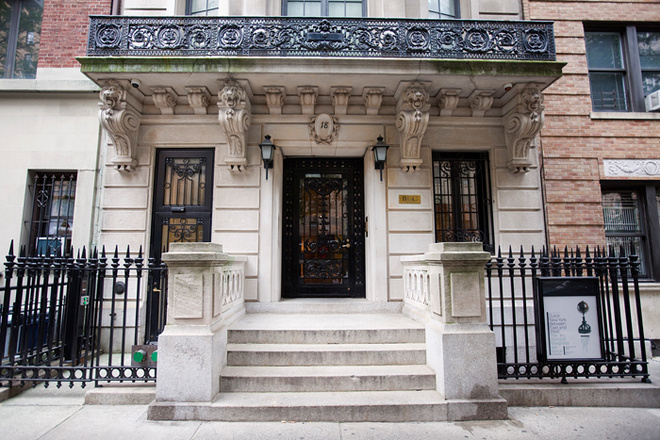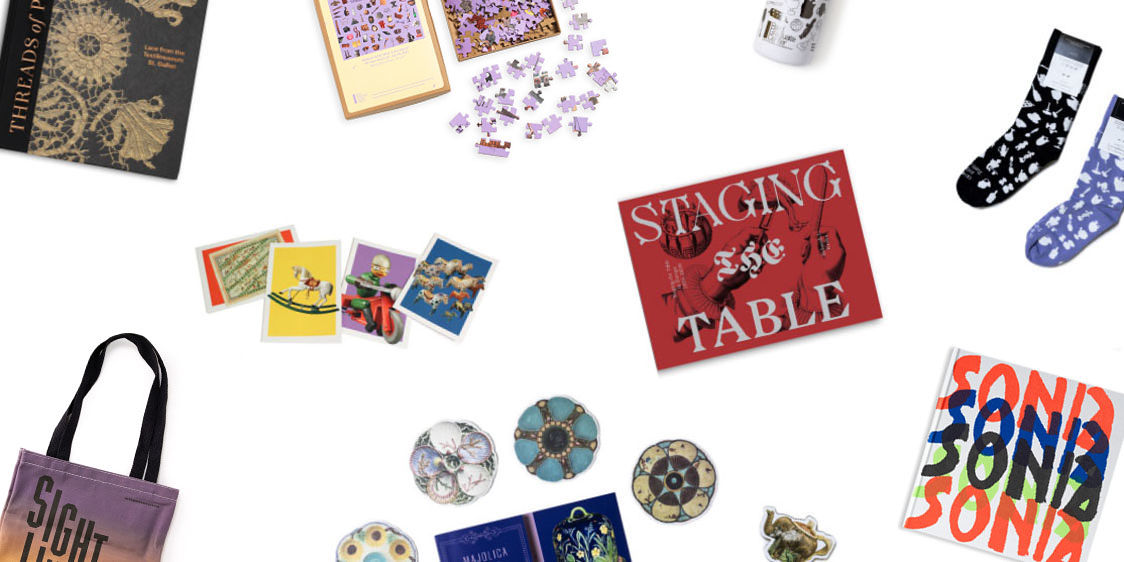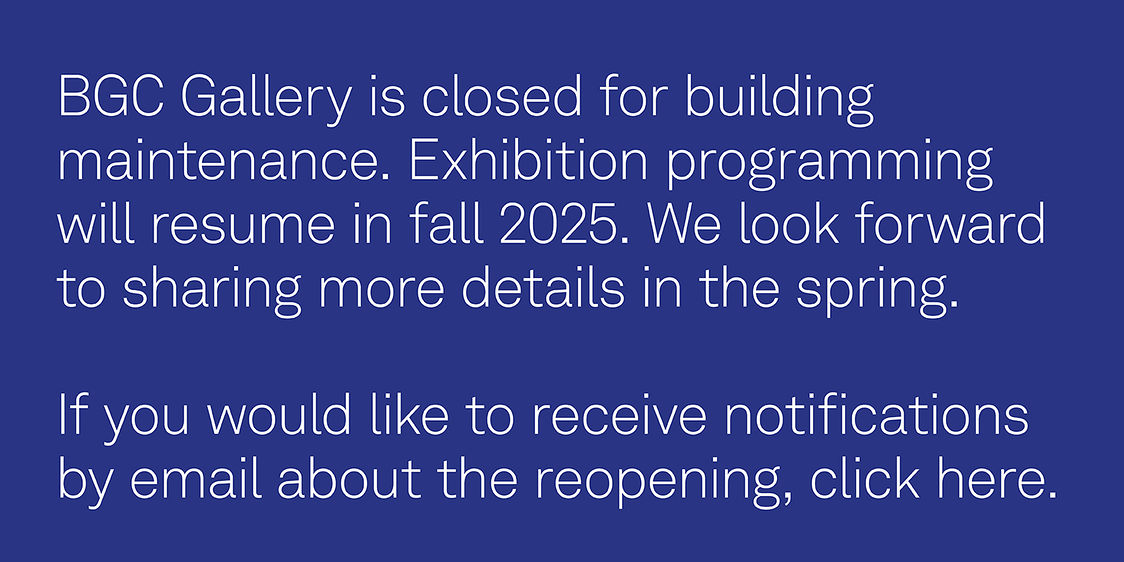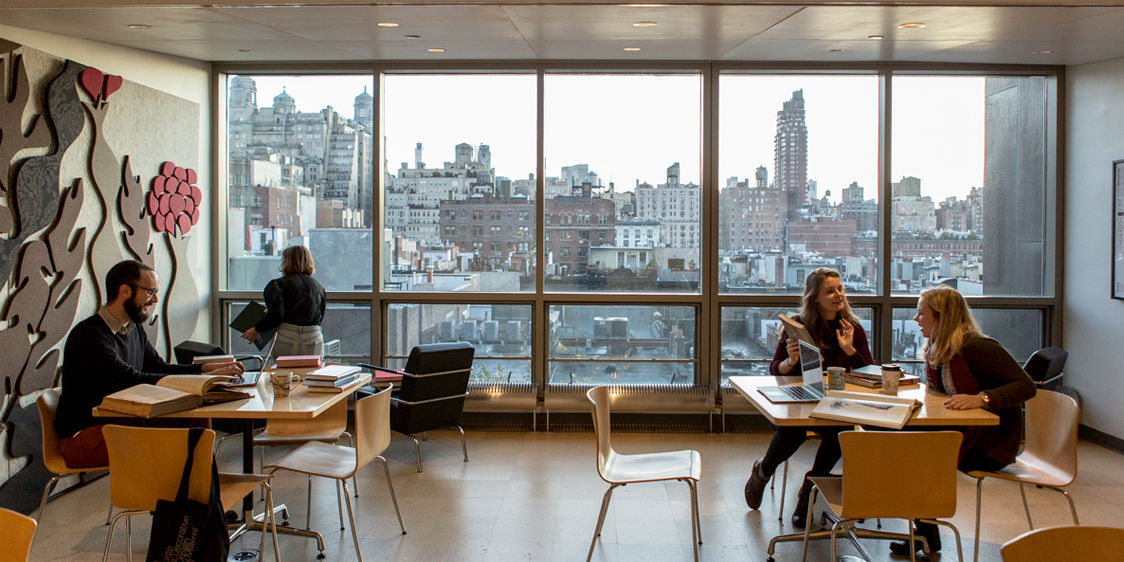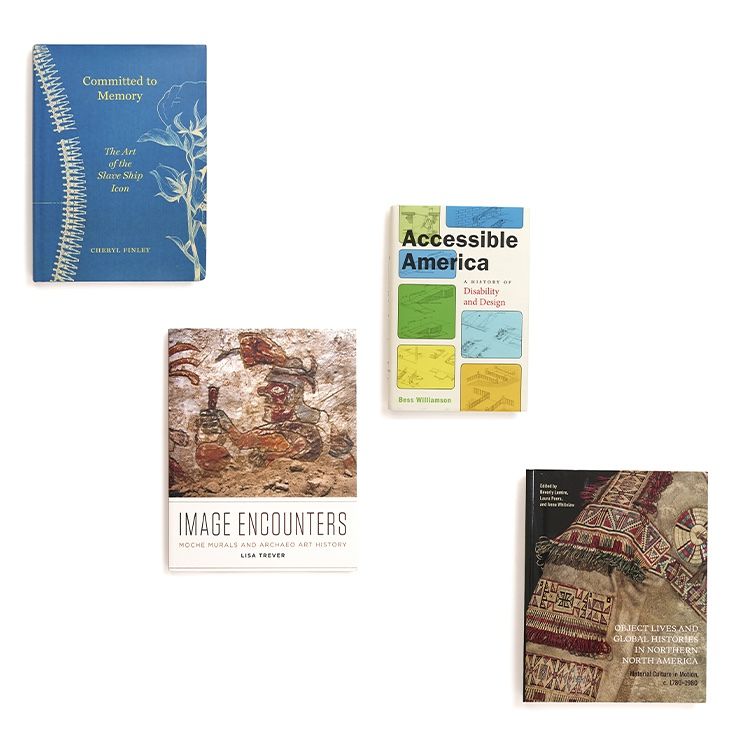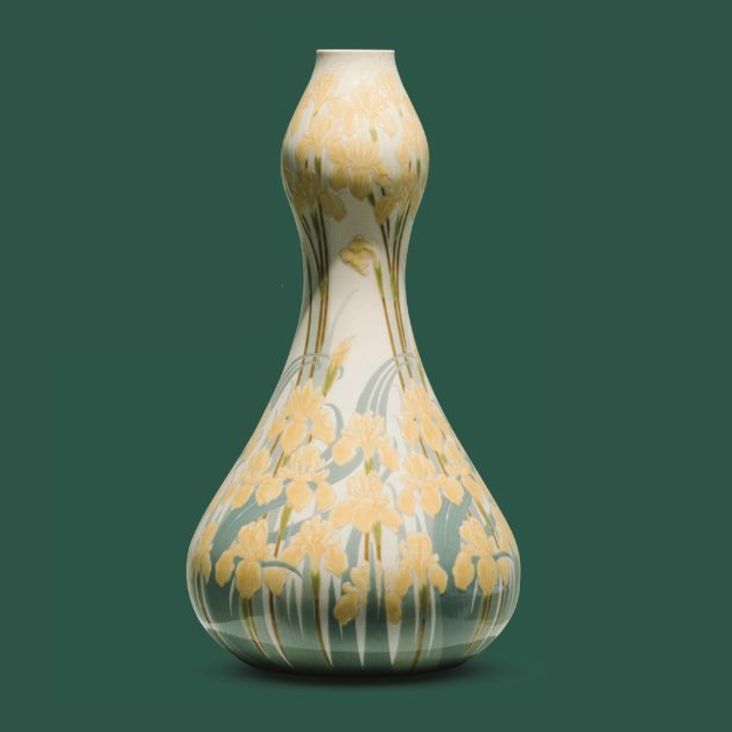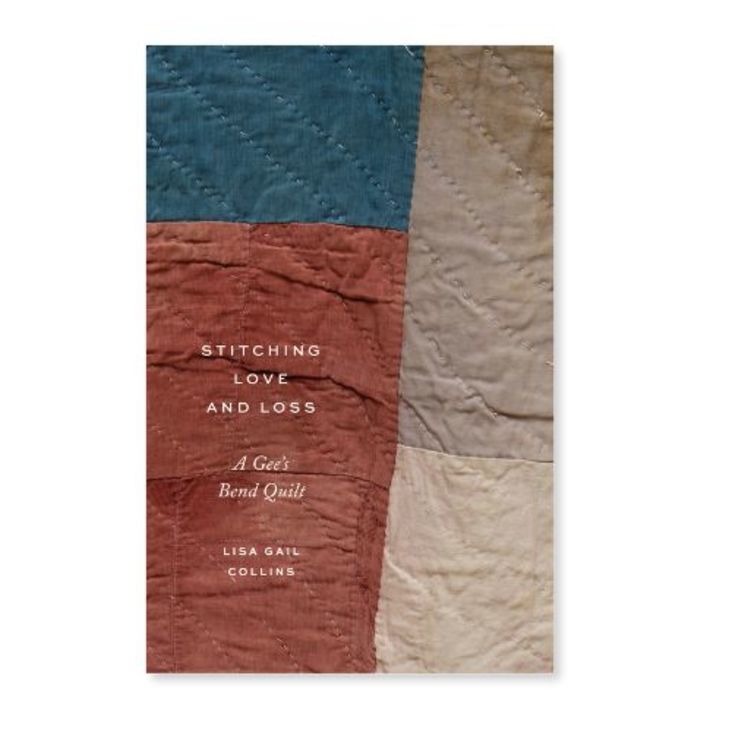Last week, Bard Graduate Center Director and Founder Susan Weber announced the appointment of Ama Codjoe to the newly appointed position of Consulting Director of Equity and Inclusion, effective April 15. In this part-time role, Codjoe will report directly to Weber and provide leadership and direction to ensure that BGC’s organizational structure and practices appropriately reflect its stated goals of creating an inclusive and equitable community for all of its students, faculty, staff, and visitors.
Codjoe’s responsibilities will include supporting BGC’s Diversity, Equity, Access, and Inclusion (DEAI) Working Group; conducting departmental “residencies,” focused periods of examination of equity and inclusion practices and strategies as they relate to the work of the department; consulting and participating in the development of BGC’s education and Fields of the Future programs; consulting with individual students, faculty, and staff; working closely with the Director of Marketing and Communications on institutional messaging and with the Director of Administration and Human Resources on administrative systems and policies; and participating in Management Committee discussions on an as needed basis.
Codjoe is the former director of the DreamYard Art Center in the South Bronx where she taught and directed arts and social justice programming for young people as well as professional development for educators and administrators. She has conducted anti-racism, anti-oppression, anti-bias, organizational culture, and leadership trainings for the New School, New York University, the Metropolitan Museum of Art, Queen’s Museum, Cleveland Arts Education Consortium, Groundswell Mural Arts Project, Community MusicWorks, the National League of American Orchestras, Orchestra of St. Luke’s, and numerous other educator, arts, and administrative groups. She is the co-director of the National Guild for Community Arts Education’s Leadership Institute, CAELI. Codjoe also serves on the board of the MAP Fund. She holds degrees from Brown University, Ohio State University, and New York University.
Codjoe’s relationship with BGC dates to 2017, when she helped develop the Lab for Teen Thinkers. Since then, she has facilitated BGC’s first DEAI Working Group, designed its Alumni Dialogues, and consulted on its institutional communications and educational programs. Weber said, “Ama is a gifted educator and a facilitator with a deep commitment to social and racial justice. I am thrilled that she has accepted this expanded role, and I look forward to continuing to work with her to promote diversity, equity, access, and inclusion at BGC.”
Inclusive BGC
In the coming weeks, BGC is offering three optional training opportunities to BGC students, faculty, and staff. The first, “Opening BGC Through Access,” is organized by Nadia Rivers, coordinator of public programs, education, and engagement at BGC, and Dr. Theri A. Pickens, professor of English at Bates College. The 90-minute workshop will feature the Met’s Marie Clapot, associate museum educator for accessibility, and Deborah Lutz, a freelance museum educator who specializes in visual description. The workshop will consist of an introduction to accessibility best practices, an overview of visual description and how to incorporate these principles into public presentations, and discussion of ideological questions that go beyond physical provisions when considering institutional inclusion.
For the next two workshops, BGC is bringing Hollaback and Asian Americans Advancing Justice’s popular trainings on how to respond to anti-Asian/American harassment if it happens to you and in bystander intervention to stop anti-Asian/American and xenophonic harassment to BGC’s students, faculty, and staff. These trainings are optional and will be opened to BGC alumni as space permits.
DEAI Working Group
The BGC’s DEAI Working Group’s subgroups (curriculum, hiring, student recruitment) are wrapping up their projects. All three groups have met separately to develop recommendations and toolkits, and they will share their work with the entire DEAI Working Group at the next full meeting on May 13. At that meeting, the Working Group will reflect and debrief, to discuss reporting back on its work, and to make recommendations for the next iteration of the group, including student and alumni representation, how new group members might self select, and how the group’s chair should be chosen. Details from that meeting will be shared in a future newsletter.
